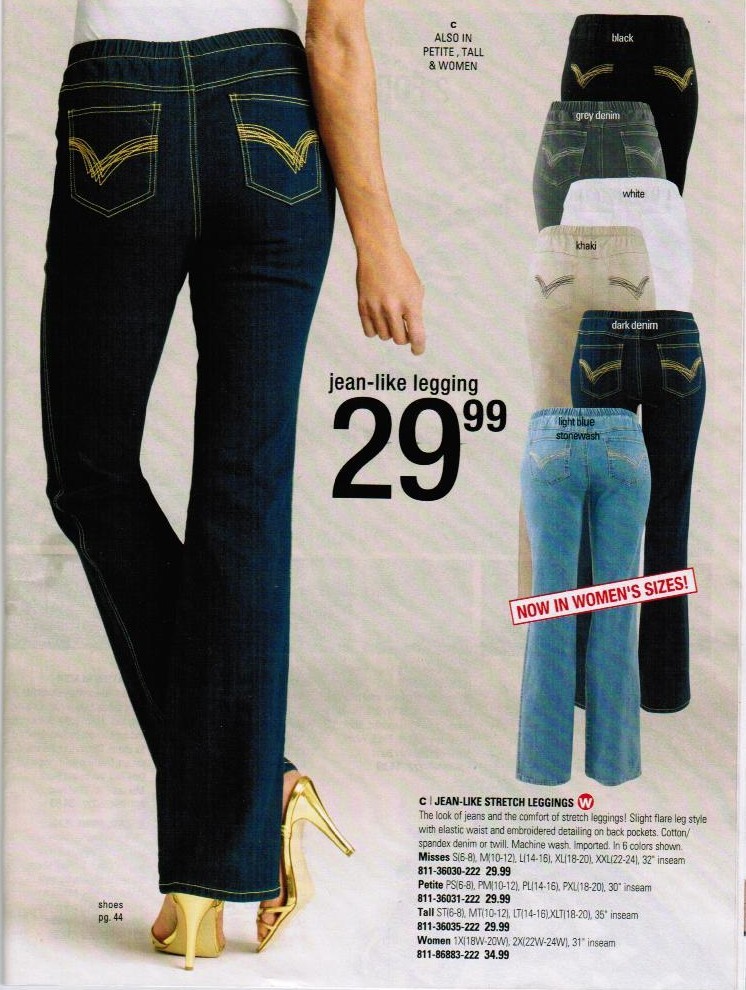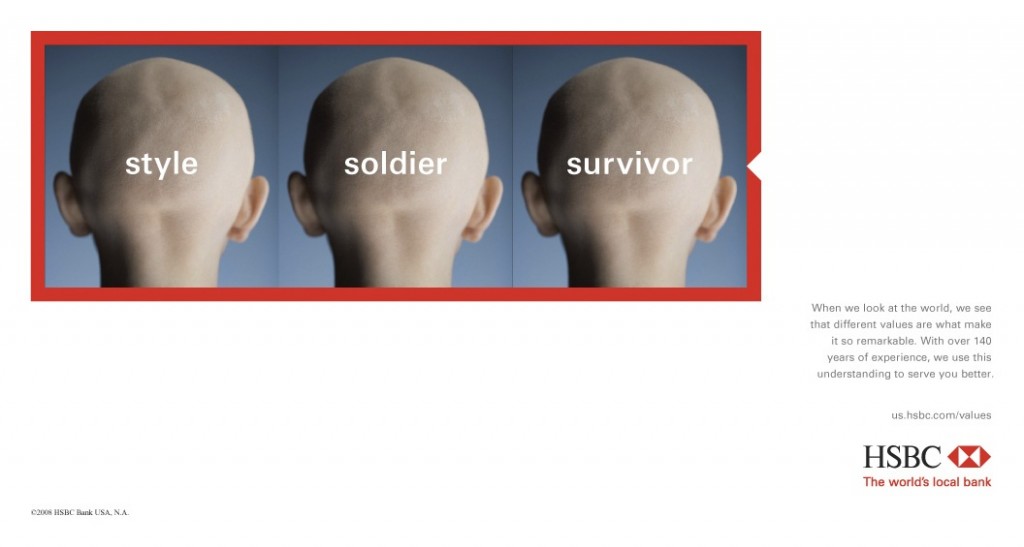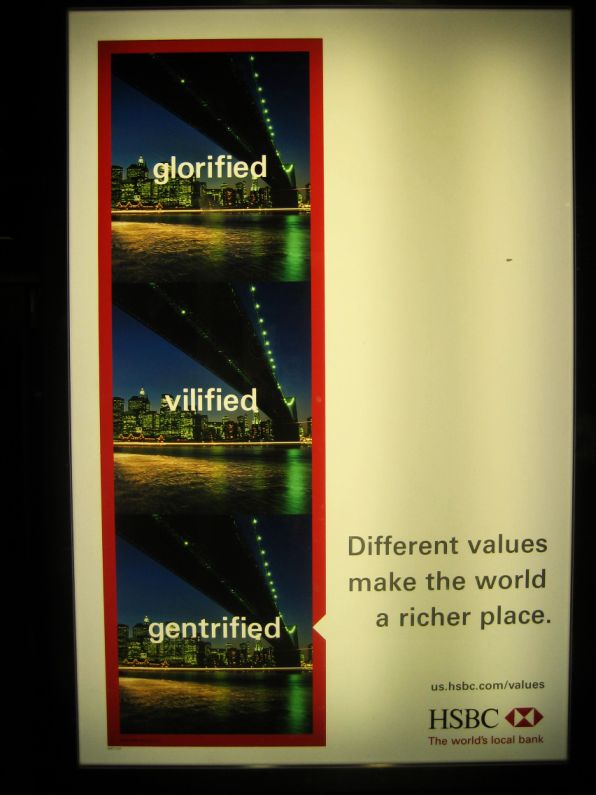Kevin, XM, and Laura let me know about an interesting article in the Guardian about acceptable vocabulary in tampon commercials. Kotex recently came out with a new ad campaign that makes fun of some of the usual tropes of tampon commercials–the euphemisms, the dancing around in fields of flowers, and so on. The ads also address the embarrassment or discomfort many people feel about tampons.
In this spot from the Kotex website, a guy asks for help picking tampons for his girlfriend:
Here’s one commercial intended for TV that parodies tampon commercials in general:
The original version didn’t go over well, apparently, and several TV networks rejected the commercial. From the NYT via Gawker:
Merrie Harris, global business director at JWT, said that after being informed that it could not use the word vagina in advertising by three broadcast networks, it shot the ad cited above with the actress instead saying “down there,” which was rejected by two of the three networks. (Both Ms. Harris and representatives from the brand declined to specify the networks.)
So a TV commercial poking fun of the euphemisms in tampon commercials is rejected by not being euphemistic enough…and apparently even the phrase “down there” is too specific. We can talk about erectile dysfunction or leaky bladders, but “down there” just crosses a line.
Related posts: tampons are modern, Tampax ad features menstruating teen male, concerns about tampons and virginity, weird Australian tampon ad, and tampons and female workers during World War II.
Gwen Sharp is an associate professor of sociology at Nevada State College. You can follow her on Twitter at @gwensharpnv.









